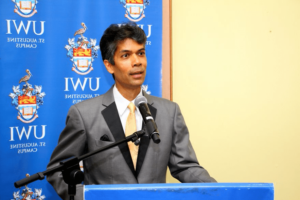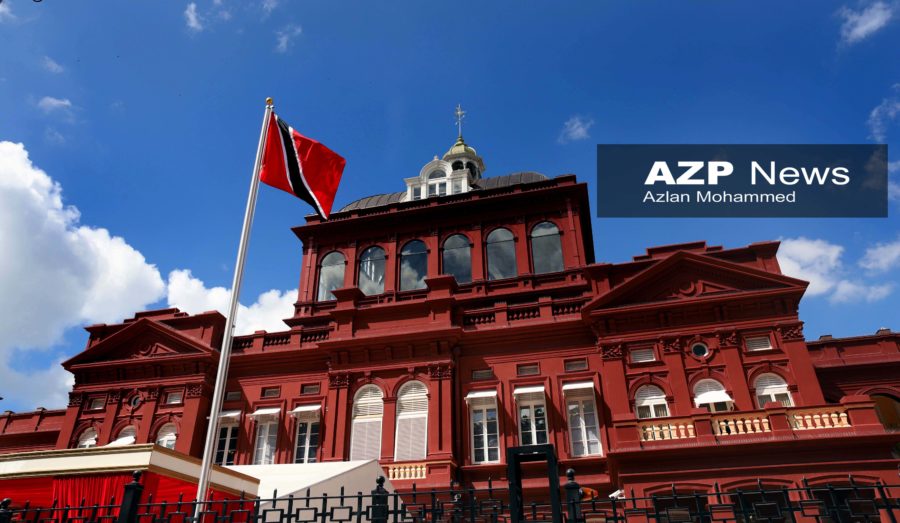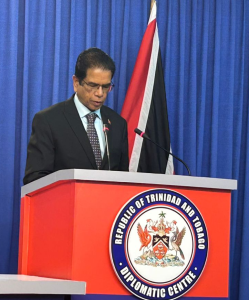‘A leader from a developing nation cannot have the extravagant tastes of leaders from developed countries’

IT’S essential for developing countries to have dedicated, trustworthy personnel to prevent bribes and nepotism. They must constantly monitor financial and material donations or loans.
Transparency and accountability are needed in the private and public spheres. This should be ingrained in the hearts and minds of all politicians, managers and employees.
As much needy persons as possible should benefit from humanitarian efforts. Thus, effective, not elaborate, checks and balances are crucial in monitoring and identifying unscrupulous persons. It is a necessity that a leader must carefully choose persons who will effectively harness human resources to maximise its potential.
If not, such a leader of a developing country will undoubtedly feel the wrath of discontented masses in protests
and revolutions.
The Global South must guard against the exploitation of its natural resources and disruption of its socio-political systems by devious individuals and organisations.
Some of citizens, devoid of patriotism and nationalism, are willing to sell the riches of their country to already wealthy foreigners. Developing countries need to be wary of the wolf in sheep’s clothing.
The role of the opposition in the political life of a country is usually more of a hindrance than a good. The opposition and ruling parties are intent on gaining and maintaining power at all costs, even at the risk of dividing the population and destroying lives.
The never-ending desire for control of the political levers of power, at the expense of peace and stability, must be stopped. Often the opposition exists merely as a token that democracy exists because the opposing politicians disagree with bills and refuse to approve legislation which are beneficial to citizens.
A leader from a developing nation cannot have the extravagant tastes of leaders from developed countries. A country with a debt burden should avoid hosting an expensive event such as a beauty pageant, or erection of a costly monument. These financial disasters must be discouraged since the country achieves only brief popularity, limited
financial returns and little or no benefit to the less fortunate citizens.

It is a logical, sane and rational decision to invest the taxpayers’ money in the provision of efficient social services, funding hospitals, institutions for the physically and mentally challenged, homes for elderly persons and assisting a medical search for cures. Obviously, the lives of needy citizens remain unchanged. On any government’s agenda, profits must never be placed above the needs and demands of the people.
Today, in developing countries, millions of persons are trapped in vicious cycles of crippling poverty, mass starvation, the HIV/AIDS pandemic, unemployment and oppressive political regimes. They are painfully enduring genocides, illiteracy, overpopulation, infectious diseases, corruption, desertification, uncontrolled crime, a deplorable health care system and a lack of clean water. The debt burdens, civil strife and regional wars deplete already scarce human and material resources.

The problems of the 21st Century are diverse and there is an urgent need to embark on a campaign to promote complete unity in developing economies. Indeed, it is critical that these countries make a pledge to send a powerful and urgent message requesting that differences and divisiveness be put aside and there be unity to combat the multitude of problems facing the Third World.
Tribal chiefs, mayors, ambassadors, kings, prime ministers and presidents must be encouraged and assisted in dialogue that will bring peace to neighbourhoods, towns, villages and states. Now there is a need to permanently remove the stigma of part of the world being deemed ‘developing’ or ‘Third World’.
In this era of globalisation, rapid technological advances and space exploration, the poor and downtrodden of the world must not be forgotten. Now is the time for each person to embrace and adopt a philosophy of caring. It is time to join minds and hearts to develop a stronger international network to alleviate and eventually restore developing countries to their majestic beauty and fame. They will eventually arise like the phoenix!
![]()












